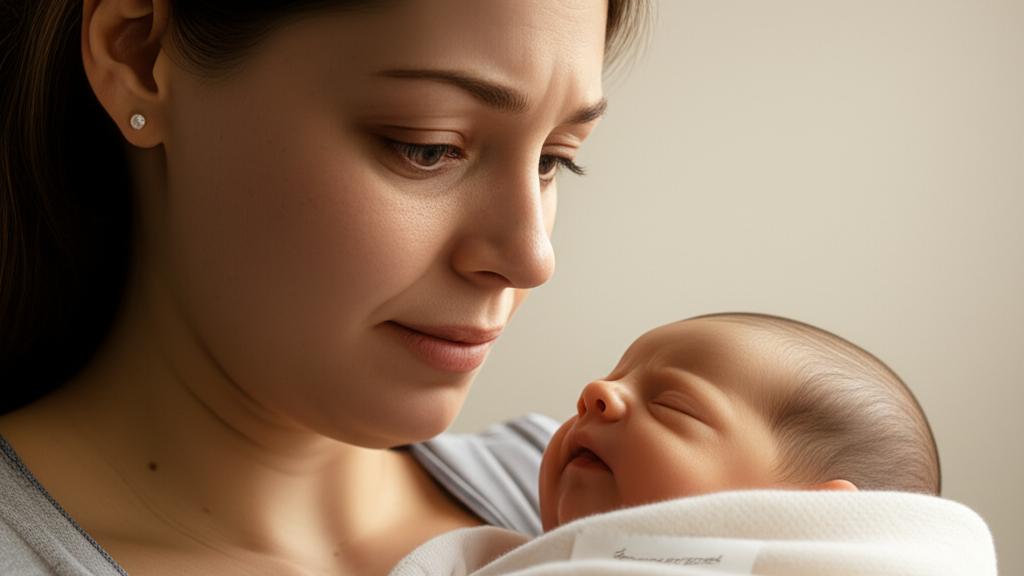I can still picture the look on a new mom’s face. Her beautiful baby boy was born a bit too early, and while he was a tiny fighter, she was worried about everything. When we started talking about cold and flu season, I mentioned a virus called RSV, and her eyes widened. It’s a conversation I have often, and it’s one filled with a mix of concern and hope, especially when we discuss a protective medicine called Palivizumab.
If your little one is at high risk, you’ve likely heard this name. It can sound a little intimidating. So let’s sit down, just you and me, and talk through what it is and what it means for your child.
What Exactly is Palivizumab?
Think of Palivizumab (you might also hear its brand name, Synagis) as a temporary shield. It’s not a vaccine in the traditional sense, which teaches the body to make its own defenses. Instead, it’s what we call a “monoclonal antibody.”
That’s a fancy way of saying it’s a dose of ready-made antibodies that are specifically designed to fight one thing: Respiratory Syncytial Virus (RSV).
We give this shield to certain infants and young children who are at the highest risk for getting a very serious case of RSV. The goal is to prevent a severe lung infection that could lead to hospitalization. It’s important to know, your child could still catch RSV, but this medicine helps ensure their little body isn’t overwhelmed by it. It won’t protect them from other colds or viruses, just this specific one.
Who Needs This Special Protection?
This medicine isn’t for every baby. We reserve it for those whose lungs or immune systems need the most help. This typically includes:
- Very premature infants: Babies born significantly early.
- Children with chronic lung disease: Especially those who needed oxygen for a while after birth.
- Infants with certain serious heart conditions.
Before we ever recommend it, we’ll have a thorough chat about your child’s specific health history to see if they are a candidate.
How It’s Given and What to Expect
If we decide Palivizumab is the right choice, the process is straightforward. It’s an injection, a quick shot given into the muscle of the thigh. A trained nurse or doctor will give it right here in the clinic or hospital.
The key is consistency. Your child will need a dose about once a month throughout the RSV season (which is typically during the fall, winter, and spring). It’s really important to stick to this schedule. If you think you’ll have to miss an appointment, please call us right away so we can reschedule. A missed dose means a gap in their shield.
The most important thing is keeping that protection consistent. Think of it like recharging a shield every month to keep it strong.
Understanding Potential Side Effects
Like any medication, there can be side effects. Most are mild, but it’s crucial you know what to watch for. I’ve broken them down here to make it easier.
| Symptom Category | What to Look For |
|---|---|
| Call Us or Seek Help Right Away If You See… | |
| Signs of a Serious Allergic Reaction | This is rare, but look for a skin rash, hives, or swelling of the face, lips, or tongue. |
| Breathing or Circulation Issues | Any new or worsening trouble breathing, a bluish color to the lips or skin, or a very fast, irregular heartbeat. |
| Significant Behavioral Changes | Your baby seems much less active or alert than usual, is very irritable and can’t be soothed, has a fever, or shows a sudden loss of appetite. |
| More Common, Less Worrisome Reactions | |
| Local Reactions | Some redness, swelling, or pain right where the shot was given. This usually fades quickly. |
| Mild Cold-like Symptoms | A bit of a runny nose or a cough can sometimes happen. |
If you ever see something that worries you, even if it’s not on this list, please don’t hesitate. A quick phone call can bring a lot of peace of mind.
Take-Home Message
- Palivizumab is not a vaccine; it’s a dose of ready-made antibodies to help prevent severe illness from the RSV virus.
- It is only for specific high-risk infants and children, such as those born very prematurely or with certain heart or lung conditions.
- Your child will need a shot once a month during RSV season to stay protected. Don’t miss a dose!
- Watch for rare but serious reactions like trouble breathing or facial swelling, and call for help immediately.
- Mild reactions like soreness at the injection site are more common and usually not a cause for alarm.
- You are your child’s best advocate. Always trust your gut and call us with any concerns.
Being the parent of a child with extra health needs is a journey. It’s okay to feel worried. But you’re not alone in this. We are your partners in keeping your little one as safe and healthy as possible. You’re doin’ great.


